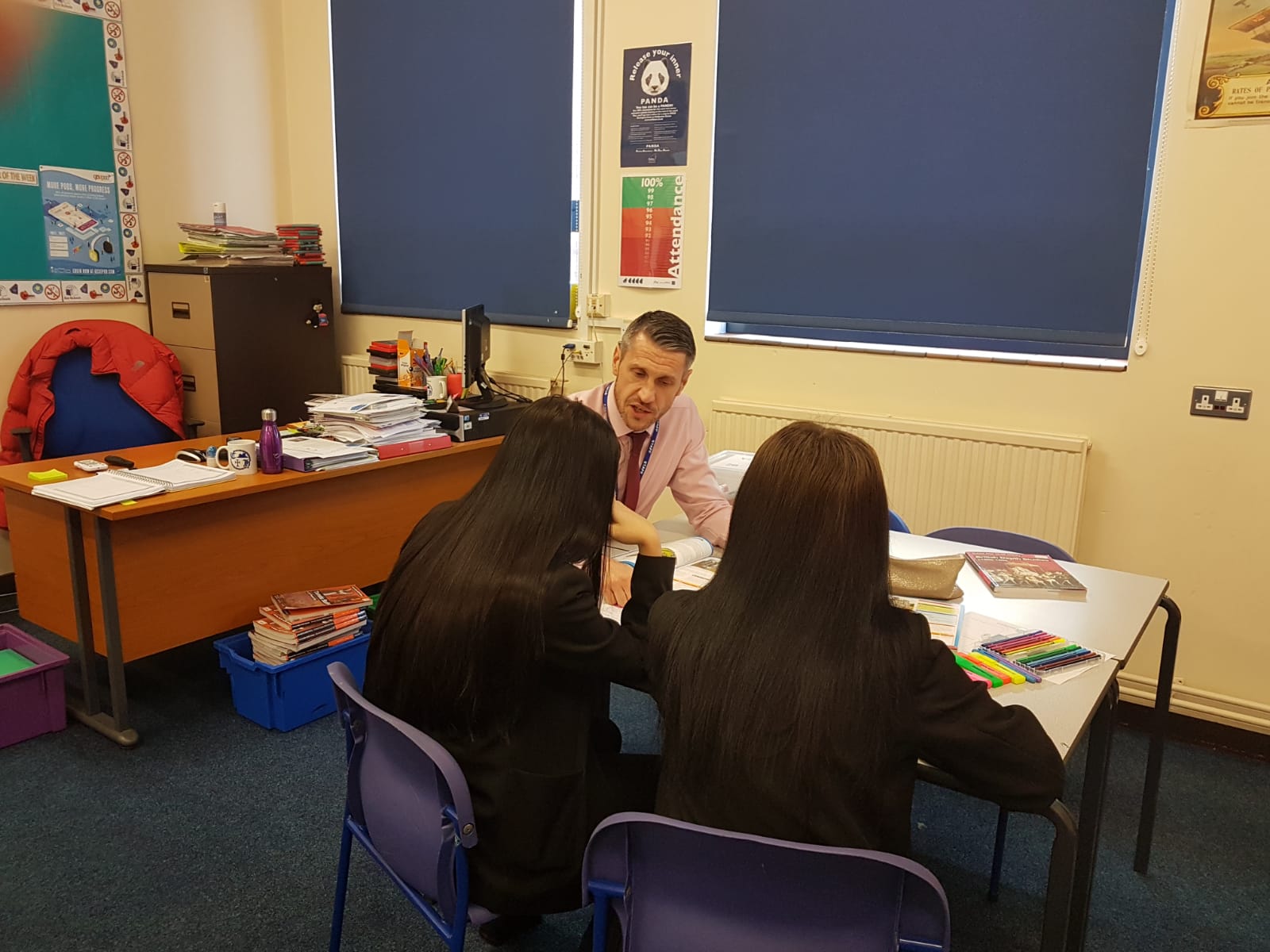A new Ofsted inspection framework will be used with schools from September 2019. The four key inspection elements will be: quality of education; behaviour and attitudes; personal development; and leadership and management. Notably, the ‘outcomes’ element has gone and there is a clear shift in focus towards the way a school designs and implements its curriculum.
Ofsted is clear that the new framework will credit schools that promote a rich and broad curriculum, and have announced that the main points of focus when assessing the quality of education will be related to the ‘intent, implementation and impact’ of the curriculum.
First impressions on reading about the new Ofsted Curriculum Framework
I think a lot of schools will greet this ‘refocussing’ with enthusiasm. There has long been a concern that schools have become ‘exam factories’ that are more focused on results than anything else. Indeed, Amanda Spielman (HM Chief Inspector of Education, Children’s Services and Skills) said ’we all know that too much weight placed on performance measures alone can lead to a degree of distortion, both in what is taught and not taught, and in other aspects of how a provider is managed’. So the idea that Ofsted will look at the ‘big picture’ of the whole curriculum is refreshing. And the focus is clearly on the idea that a coherent, ambitious, engaging and relevant curriculum that prepares students for further study or employment can be achieved by whatever means necessary for the students in your school, rather than demanding a particular approach.
I am also encouraged by the fact that I think schools will ‘open things out’ a little and work harder than ever to build a broad curriculum to develop students, explore their interests and talents, and allow them to take pride in these. I think some extracurricular activities, clubs, trips – even whole subjects and lessons – were side-lined by some schools over the past few years as schools pursued a rising position in the league tables. Curriculum, according to Spielman, has been ‘largely “missing in action” from inspection’ for a long time!
Encouraging news on workload and CPD
Further, and as a full-time teacher in a big, old comprehensive in the West Midlands, I was heartened to see the mention of ‘workload’ and ‘professional development’ in the new framework. Some of the most gifted teachers I know have left the teaching profession altogether in the last five years – and the vast majority cite the huge assessment and data-driven workload as the key factor in their decision. This has clearly been noted and the new framework tasks senior leaders with ensuring staff workload is manageable. Ofsted says that assessment and data collection, input and analysis should not be used in ‘a way that creates unnecessary burdens for staff or learners. Music to my ears! Further, the fact that schools will be expected to support and develop their staff through high-quality CPD is a definite positive in the new framework.
The new framework and history departments
Ofsted is clear that there is no need to develop a new curriculum, or design everything from scratch – but I think a department should dig a little deeper into what is meant by ‘quality of education’ in relation to ‘intent, implementation and impact’ – and think about where your History curriculum fits.
With regards to ‘intent’, as a department, I think the challenge is to ensure that the ‘History diet’ you offer in school earns its place in the whole school curriculum. Ofsted is looking for a well thought-out, knowledge-led curriculum that promotes mastery of skills. It might be useful as a department to think about these questions relating to curriculum intent:
- What is the curriculum we offer? What knowledge, cultural capital and skills will be gained from a student undertaking our course?
- Why have we made those curriculum choices – and how are these choices ‘ambitious’?
- How is our curriculum/scheme of work sequenced (and why was it sequenced this way)?
Regarding the ‘implementation’ element, the focus is on the presentation of subject material, assessment, feedback, responsive teaching and recall of material. I think History as a subject is brilliantly placed here, but it might be worth considering these questions:
- How is progression built into the course/scheme of work?
- What assessments do we set and how do they help form part of the process of evaluating progress and identifying next steps?
- How does our KS3 curriculum contribute to the broader aims of the school in providing students with the cultural capital they need to succeed in life?
Finally, with reference to ‘impact’, Ofsted will look at how ‘learners develop detailed knowledge and skills across the curriculum and, as a result, achieve well’ – but also assess things that ‘allow [students] to go on to destinations that meet their interests, aspirations and the intention of their course of study’. Here then, is a recognition of the fact there are many ways of defining success, other than the traditional ‘academic grade’.
Any forward thinking, relevant, coherently planned History curriculum should be able to cater for this. History is a subject that allows students to develop detailed knowledge and skills while helping to build a comprehensive historical vocabulary, enhance their writing skills and generally prepare students for the rigours of further study. Again, it might be worth asking these questions around the impact of your own curriculum:
- How do our learners develop detailed knowledge and skills, and how do we test this?
- How do we build strong literacy skills in your teaching (vocab, writing etc)
- How do we measure impact?


